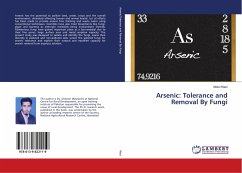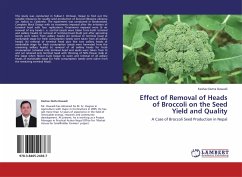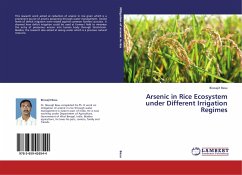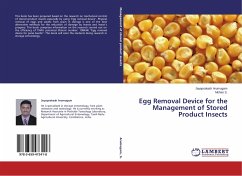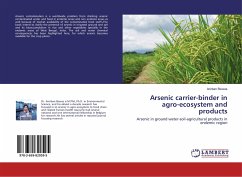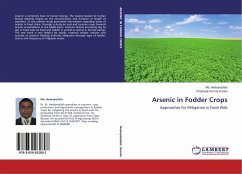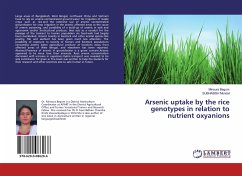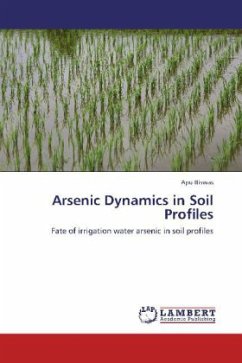Arsenic has the potential to pollute land, water, crops and the overall environment; ultimately affecting human and animal health. Lot of efforts has been made to provide arsenic free drinking and waste water using conventional techniques. Scientists have also tried biosorbents like fungi, algae and bacteria as alternate remedials being environment friendly. Filamentous fungi have gained important place as a bio-remedial due to their fine pores, large surface area and metal sorption capacity. The present study was designed to isolate and identify the fungi, assess their diversity in polluted and non-polluted soils, screen the selected fungi for arsenic tolerance and explore their natural and modified capacity for arsenic removal from aqueous solution.
Bitte wählen Sie Ihr Anliegen aus.
Rechnungen
Retourenschein anfordern
Bestellstatus
Storno

